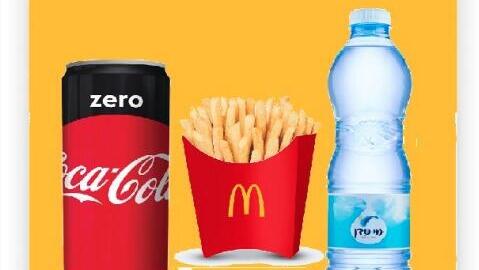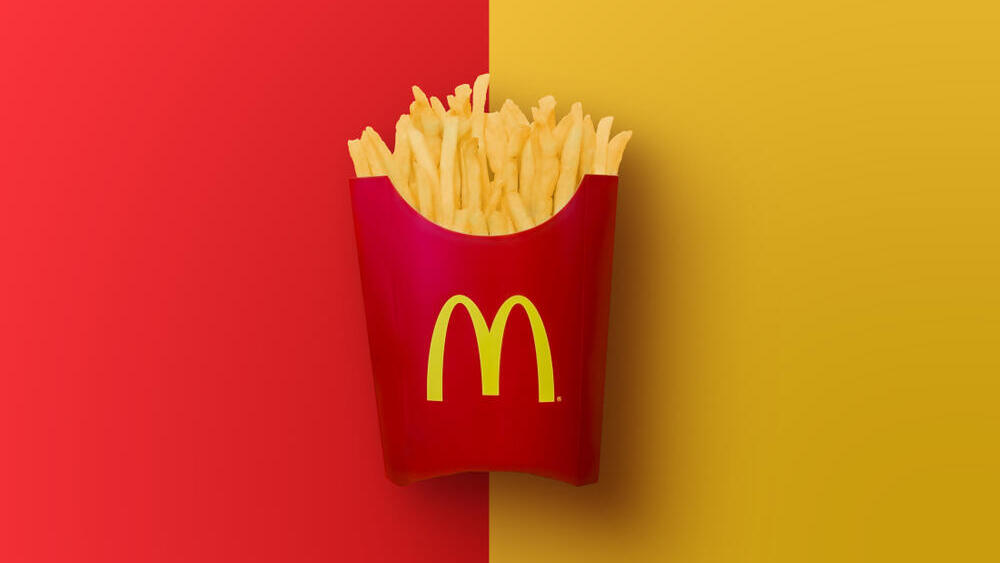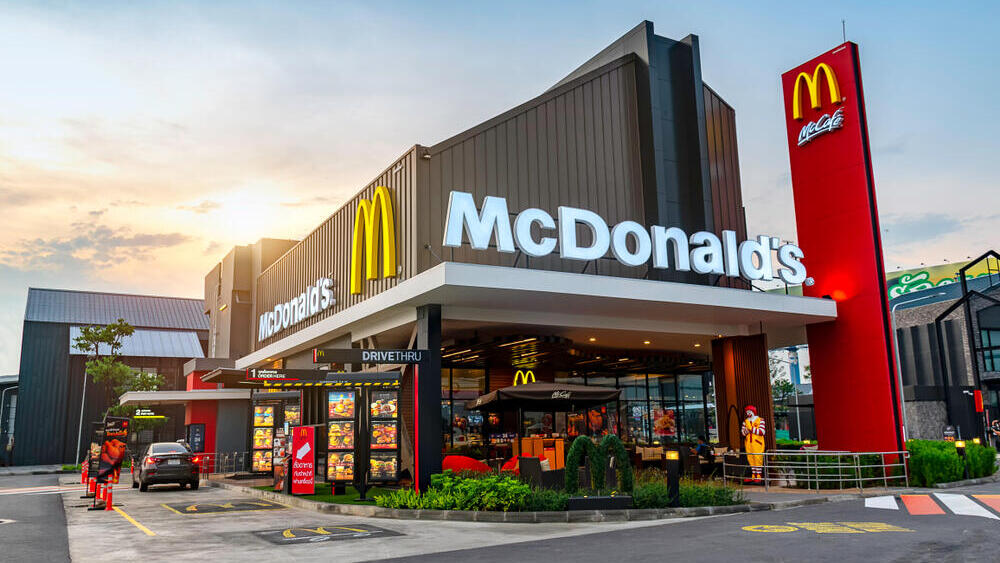Getting your Trinity Audio player ready...
McDonald’s Israel will allow customers to receive one free item per online order from a selection of three options: a 500ml bottle of water, a 330ml can of Coke Zero), or a regular size fries as part of a settlement in a class action lawsuit approved by the Central District Court in Lod on Tuesday. The agreement will take effect within a month.
How to redeem the benefit:
The offer will appear automatically when customers order online. At the delivery options stage, a screen will display the message: "As part of a class-action settlement, you’re entitled to one free item from the following options."
Customers can select one of the three options or decline the gift. The pop-up will appear after the order is placed but before payment. Customers wishing to remove a specific item from their order after seeing the notification may do so to save its cost.
If one of the items is unavailable, it will be marked as "temporarily out of stock," and the customer will be able to choose from the remaining two options. The benefit can be redeemed only once.
The class-action lawsuit, filed in 2020 against Alonyal, McDonald’s Israel franchisee, claimed that McDonald’s concealed the fact that the prices of items ordered via its app were higher than the prices for the same items ordered for takeaway, in addition to the delivery fee.
The plaintiff argued, through attorney Asaf Cohen, that customers were paying more for the products and still had to cover the delivery cost. It was alleged that the company misled customers by failing to disclose the higher pricing.
McDonald’s Israel responded that no deception took place since customers were aware that delivery and takeaway menus were different and that delivery prices were higher due to preparation and packaging costs. The company argued against interference with its pricing model.
The court partially approved the lawsuit as a class action, agreeing that McDonald’s failed to inform customers about the higher prices for delivery items compared to takeaway or in-store dining. It ruled that the price difference between menus was essential information for customers deciding whether to visit a branch or order delivery.
Since the plaintiff showed that a reasonable customer would not easily know about the price difference, McDonald’s failure to disclose this could constitute misleading conduct under Israel’s Consumer Protection Law.
However, the court rejected other claims in the lawsuit, including the assertion that delivery meals were automatically "upgraded" to more expensive versions. It found that McDonald’s clearly labeled these as "delivery meals," which are distinct options.
McDonald’s informed the court that it added the disclaimer: "Product prices and selection for delivery differ from the in-restaurant menu," to its website and app. This notice appears on the initial screen, where customers can choose between delivery and self-pickup.
The company said this change ended the misleading practice acknowledged in the class action lawsuit since customers are now fully aware of the price discrepancy.
McDonald’s also noted that there was no decline in delivery orders after adding the disclaimer, suggesting no harm was caused, as customers continued to order despite knowing the higher delivery prices.
Get the Ynetnews app on your smartphone: Google Play: https://bit.ly/4eJ37pE | Apple App Store: https://bit.ly/3ZL7iNv
The plaintiff countered that he could demonstrate via economic analysis that while there may not have been a nominal decline in orders, there was a relative decline compared to the general growth in the delivery market, indicating potential consumer hesitation after the disclaimer was introduced and supporting the claim of deception and harm.
The parties reached an agreement through mediation agreeing for compensation for consumers totaling 3 million shekes, or $834,360.




